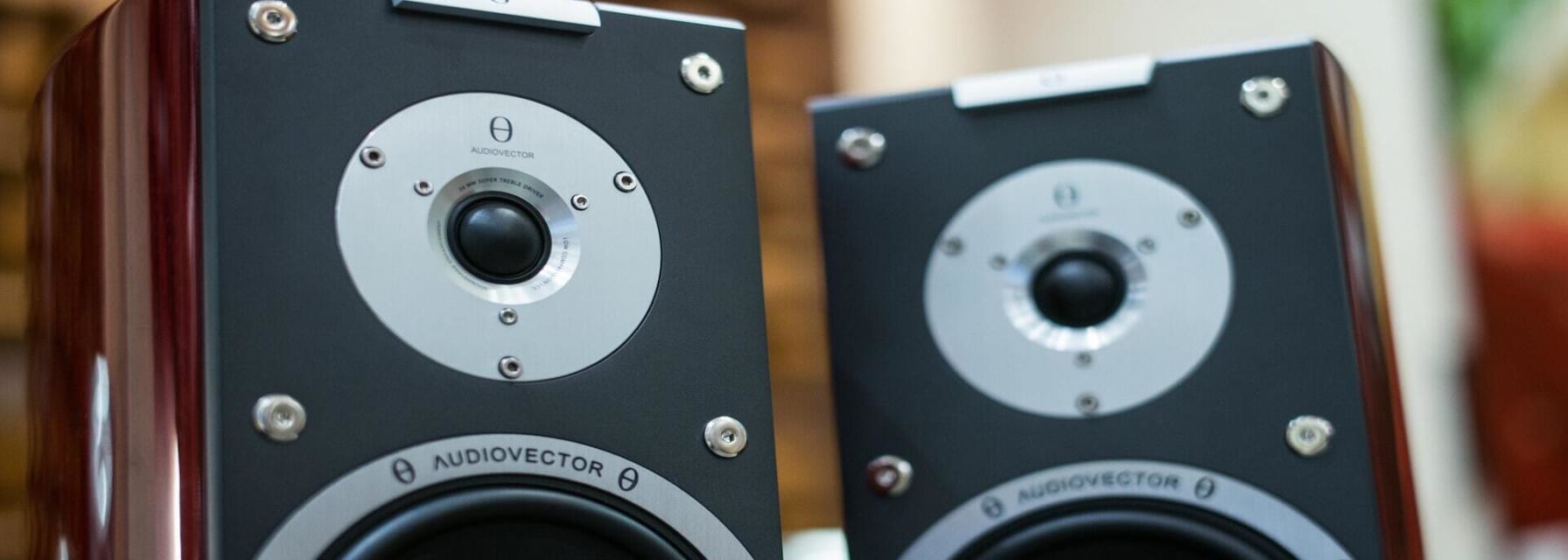How to file a noise complaint in Chicago?
Don’t let excessive noise ruin your life in Chicago! Learn how to file a noise complaint and what noise ordinances are in place for O’H…

Living in the vibrant City of Chicago offers an array of experiences, from cultural events to bustling streets. However, amidst the city’s energy, dealing with excessive noise can pose a challenge. Whether it’s the blaring horns of traffic or disruptive construction activities, understanding and addressing noise disturbances following the Chicago noise ordinance is essential for maintaining a peaceful urban environment.
As a Chicago apartment dweller, you’ve probably experienced unwanted noise at some point. With so many people living close together in small spaces, you’re at the mercy of those around you when it comes to noise.
Everyone has their limit, though.
There are a few ways you can file a noise complaint in Chicago and enjoy the peace and quiet once again.

Understanding Chicago’s Noise Regulations
To effectively address noise disturbances, it’s crucial to acquaint oneself with the Chicago Noise Ordinance. According to American Legal Publishing, this ordinance establishes permissible noise levels and designated quiet hours to preserve residents’ quality of life. Generally, these hours are delineated as 10:00 PM to 7:00 AM on weekdays and 10:00 PM to 8:00 AM on weekends and holidays.
File a noise complaint in 5 Simple Steps
1. Identification of Disturbances
Recognizing the source and nature of noise disruptions is the first step in addressing them. Whether it’s loud music from neighboring establishments or disruptive construction noise, understanding the specifics is key.
2. Document the noise
One of the most essential steps in addressing a repeated nuisance is documentation. If you’re noticing a pattern of unwanted noise, begin making a record of each event. This way, you’ll have concrete evidence to show the extent of the issue. Chicago has specific noise ordinances that add prohibitions on things like playing loud music between 10 p.m and 8 a.m.
Here are a few ways to maintain documentation for a noise complaint in Chicago:
- Keep a written list of each event, including the date and time
- Record audio and/or video of the noise
- Make a note of any conversations you have with the offending party
- Save all written communications, such as emails, addressing the noise
3. Have a conversation

If you’re just beginning to notice excessive noise, the first course of action is to politely address the source directly. Oftentimes, the person being loud doesn’t even realize their actions are affecting others. This might be as simple as a friendly knock on the door. Introduce yourself to the offending neighbor and explain the noise you’re hearing and how it’s affecting you.
Ask if they could try to be more mindful about keeping it down. You can even request their contact information so that you can send them a call or text if the noise becomes an issue again.
4. Compliance with the Chicago Noise Ordinance
Ensure that the noise complaint aligns with the stipulations outlined in the Chicago Noise Laws. Familiarize yourself with the permissible noise levels and designated quiet hours to facilitate a smoother resolution process.
5. Dial 311 to file a noise complaint & Follow-up
311 is the Chicago non-emergency city services hotline. There are many services provided by this department, but one of them is filing noise complaints. Be prepared to give your address and an overview of the problem you’re reporting. The operator will likely forward you to the local police department to file a non-emergency complaint. They may or may not send someone out right away to address the complaint.
You can also contact 311 about long-term recurring noise issues, especially those caused by businesses or construction crews. They’ll be able to direct you towards the appropriate government agency to see if there has been an infraction against a Chicago noise ordinance.
Additionally, following up with relevant authorities can provide updates on the status of the complaint and ensure timely resolution.
Additional measures
Get in touch with the landlord
If an initial conversation with the person making noise is unfruitful, it’s time to reach out to your landlord. The landlord might not know about the problem if they don’t live at the property.
However, they’ll be able to advise you if the same noise issue has been reported by previous tenants. They may also be able to get in touch with the owner of the unit where the noise is originating. Whether your landlord is an individual property owner or a professional company makes a difference. All in all, companies that offer rentals are more experienced with handling noise complaints, so you’re more likely to reach a positive outcome.
On the other hand, individual landlords might not have the time or resources to handle this type of issue. Blueground is a top rental company that offers premium furnished apartments in Chicago. Their mobile app makes it easy to submit noise complaints to their Client Experience team who can investigate on your behalf as their tenant.
Call the police

Although it’s a drastic measure that should only be used in extreme situations, you also have the option of calling the Chicago police to report a noise complaint. This might be appropriate if, for example, there is an extremely loud party with an excessive number of people in attendance, or if the noise you’re hearing makes you think someone might be in danger. Proceed with caution; don’t call the police just because your noisy neighbor’s TV is too loud!
Contact your alderman
If you’re experiencing unwanted noise from a business or a construction project, you have the option of contacting your alderman. In Chicago, your alderman is an elected representative who is responsible for addressing issues in your community, or ward. They may be able to use their position to enforce stricter regulations on the offending party, say in cases of airplane noise pollution from O’Hare. Use the City of Chicago website to find out who your alderman is.

Move out
When filing a noise complaint in Chicago is unsuccessful and the noise is affecting your happiness and well-being, it’s time to think about moving out. Chicago’s laws regarding tenant rights are some of the friendliest in the country. For example, you can legally sublease your apartment at any point during your tenancy without penalty from your landlord.
If your lease has a clause regarding the right to quiet enjoyment, you may also be entitled to break the lease due to a major ongoing noise complaint. Lastly, it’s best to have a qualified real estate attorney review your lease to see if this would hold up in court. It’ll cost some money, but with thousands of dollars in rent on the line, it’s worth every penny.






